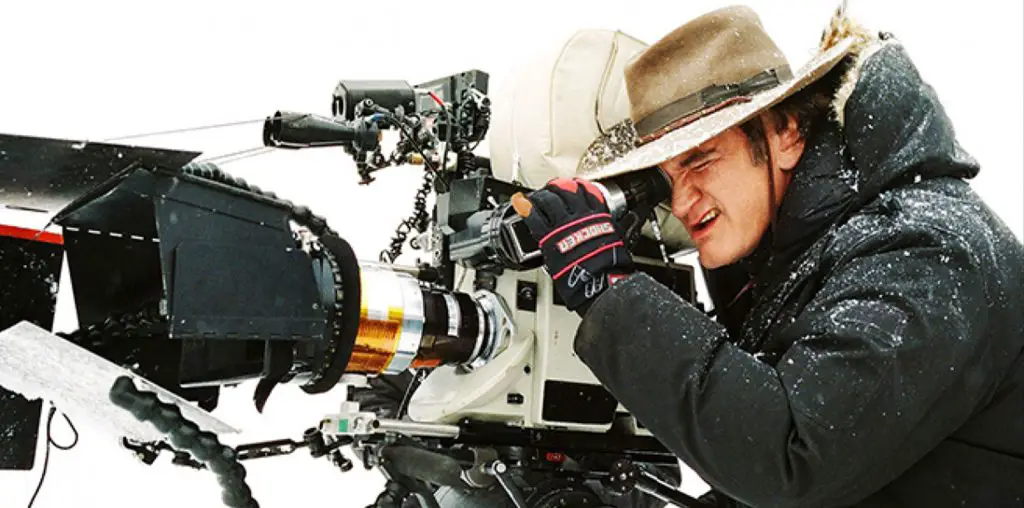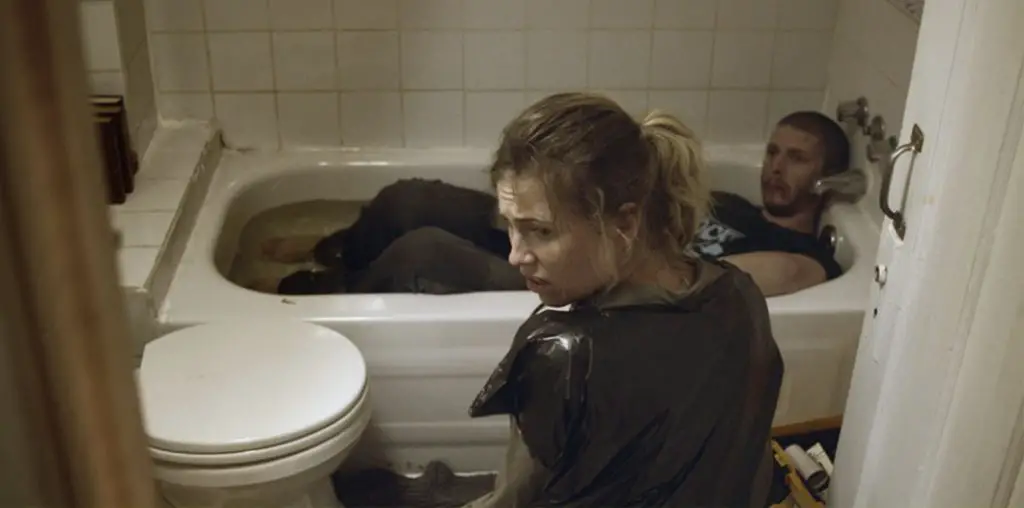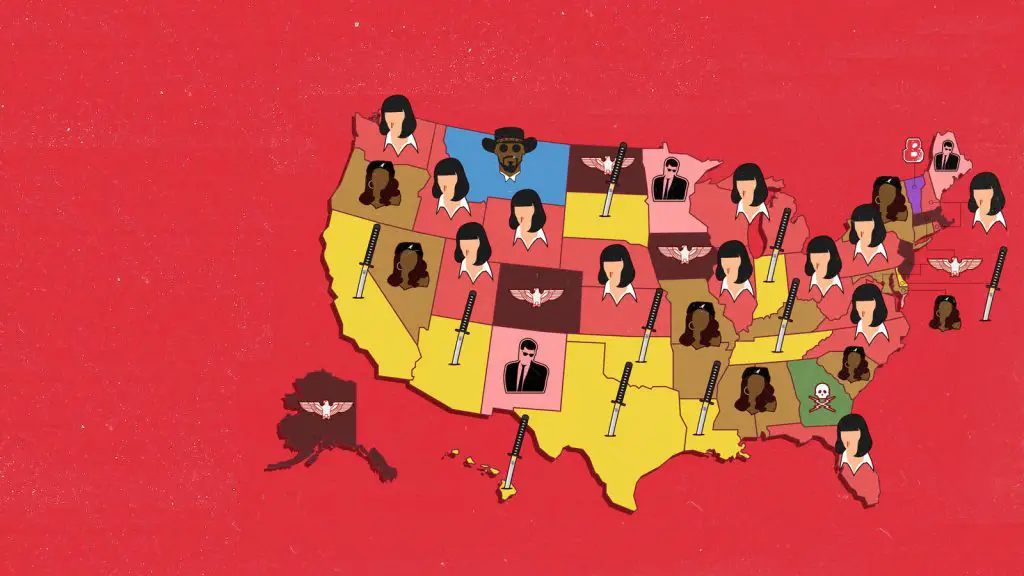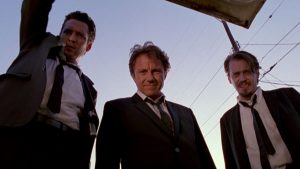
It will go down in cinema history as one of the finest gangster movies ever made. Martin Scorsese’s Goodfellas is 30 years old this autumn: three decades since Robert De Niro, Ray Liotta, and Joe Pesci teamed up to tell the incredible tale of Henry Hill Jr., serving up a three-hour slice of gripping drama in the process.
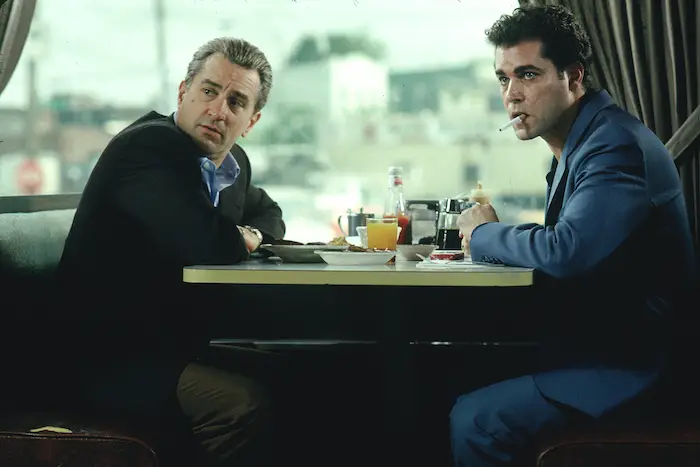
The film has inspired a generation of writers and directors – The Sopranos, one of the most successful TV shows of all time, even features several Goodfellas actors – and you can see it in several movies released since. Read on for more about the films that are directly inspired by Scorsese’s classic flick.
Blow
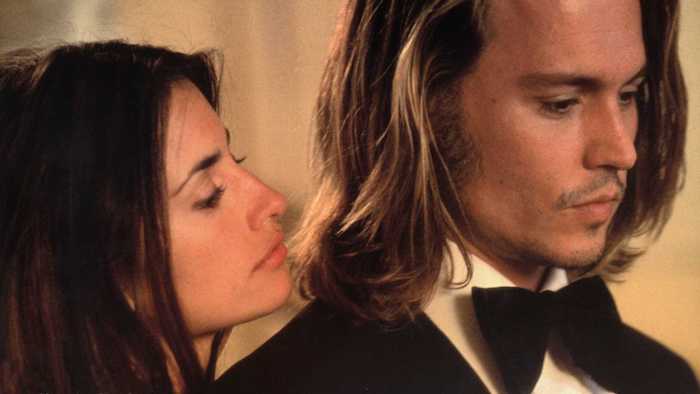
Blow is a tale about the explosion in cocaine trafficking between Latin America and the US in the ‘70s and ‘80s. While the characters aren’t quite mafiosos, their behavior is similarly violent – battles over supplies, kidnapping, and fierce arguments reign supreme.
Scratch the surface of this fantastic movie and you start to see some Goodfellas-inspired aspects. The rise-and-fall of the main character that’s based on a true story over several decades. The famous Goodfellas time shift is in place. It even uses a similar soundtrack, with classic rock tunes in many scenes.
Just in case you’re not convinced, check out George Jung’s (Johnny Depp) dad: that’s right, it’s Ray Liotta – the main man himself.
That’s not to say the movie isn’t a success in its own right. It was one of the most popular movies of 2001 and is revered by gangster movie fans. But, like all good pieces of art, it draws inspiration from the masters.
Casino
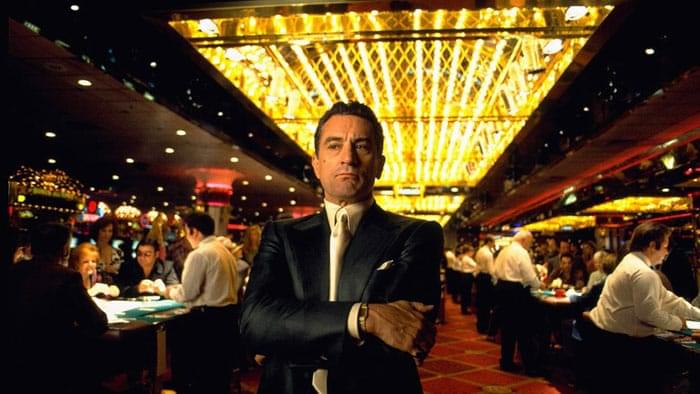
You might ask how it’s possible for a film to inspire one directed by the same person, but Goodfellas confirmed to Martin Scorsese how well De Niro and Pesci work together, and just how popular gangster movies are with the general public.
So, along came Casino in 1995: a tale based on two larger-than-life personalities – Sam Rothstein (De Niro) and Nicky Santoro (Pesci). Santoro is on Nevada’s Casino Black Book, a place normally reserved for offences such as drunken behavior and card counting, except he prefers to beat people up. Rothstein, meanwhile, needs his protection to help skim the profits from the Mafia-run Tangiers Casino, so they strike up a partnership which sees plenty of blood, sweat, and tears along the way.
The result is a compelling story about the Mafia’s relationship with Las Vegas, with Sharon Stone winning an Oscar for her brilliant performance as Ginger. The film has increased in popularity over recent years with critics calling it an even more accomplished film than Goodfellas itself.
Reservoir Dogs
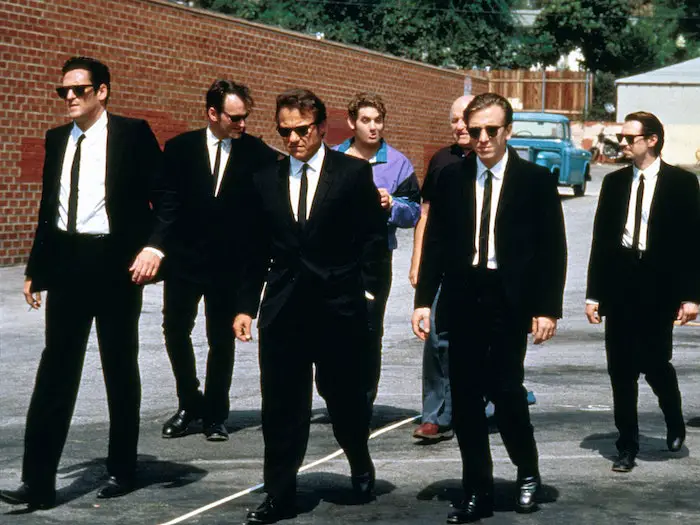
When watching Reservoir Dogs, you may feel like you’ve seen this type of humor before. The clever one-liners and banter between the criminals, interspersed with scenes of violence. That’s because director Quentin Tarantino loved the witty dialogue in Goodfellas and realized that he could have some fun with it in this movie.
Characters in both movies often make funny comments about dull, everyday things. Take Mr. Pink’s rant about tipping in Reservoir Dogs: this resembles Tommy’s anger at petty things in Scorsese’s movie, or Henry being mad at his mom for not speaking more at the dinner table.
Scorsese knew the importance of using comedy to bring life to his characters, and Tarantino took this on board by using savage wit in his dialogue throughout his career.
Pulp Fiction
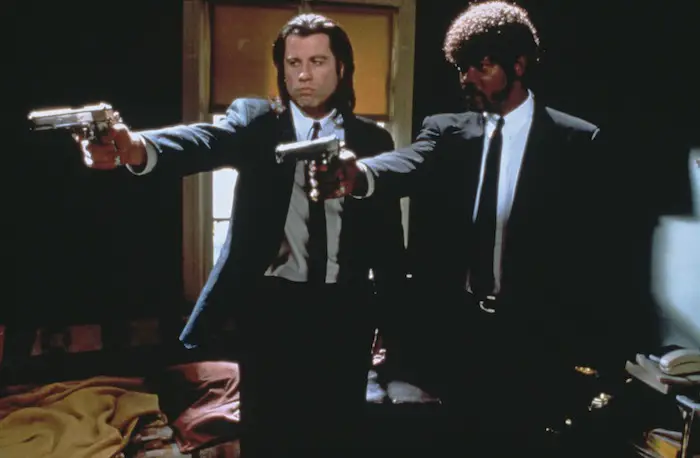
American actors John Travolta (left) as Vincent Vega and Samuel L Jackson as Jules Winnfield in a scene from ‘Pulp Fiction’, directed by Quentin Tarantino, 1994. (Photo by Miramax Films/Getty Images)
Yes, another Tarantino movie, but it’s worth pointing out another key influence. Goodfellas was one of the first movies to zip back and forth through time to give us different stages of the story. Scorsese didn’t see the chronological order of events as that important.
In Pulp Fiction, Tarantino takes that a step further with jumps in time that leave us feeling a little dizzy. The effect is powerful: often the sudden time shift can land us in the middle of a dramatic event that gives us a shock.
Both directors like to keep viewers on the edge of their seats and messing around with the order of events is a very effective way of doing this.
Boogie Nights
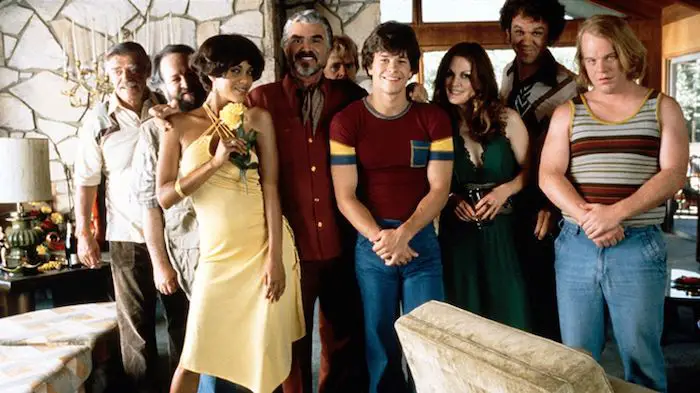
How can we compare these two movies? One’s a gangster flick and the other’s a look at the world of porn – surely not? Well, Boogie Nights director Paul Thomas Anderson has publicly professed his love of Scorsese on several occasions – the feeling is mutual – and you can see his influence in Anderson’s popular comedy drama.
Again, the rise-and-fall narrative is at play. Dirk Diggler (Mark Wahlberg) meets his mentor, much like Henry Hill, who guides him to the top. When he thinks he has it all he makes a crucial mistake and throws all of his success away.
Also, take note of Boogie Nights’ renowned soundtrack. Tracks by the likes of the Beach Boys and Marvin Gaye give it that 60s/70s feel and plays on the viewer’s emotions in a similar way to the tunes in Goodfellas.
The string of movies that have followed in Goodfellas‘ path since its release in 1990 are proof of just how influential a movie it was. Its strong characters, gripping storyline and emotional soundtrack made it a hit for the ages, and it hasn’t aged in the three decades since. So, if you have a few hours spare this week, why not check it out again? It may even inspire you…
